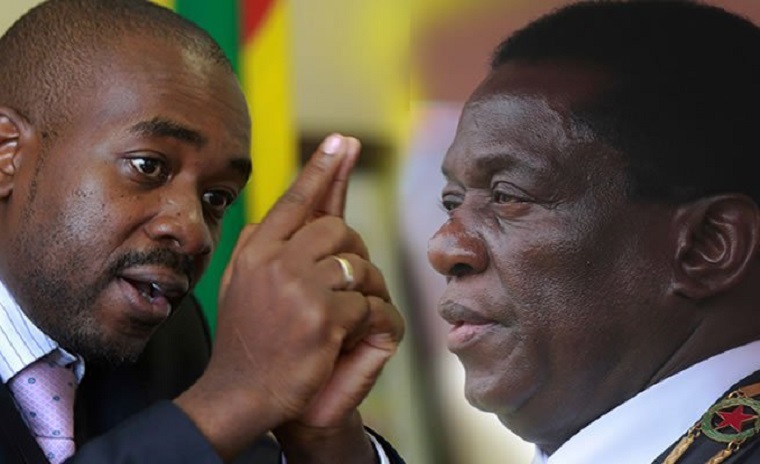Zimbabwe has conducted three general elections since 2008, and approximately 5 million youths did not participate.
On 27 December 2021, Team Pachedu revealed that in 2018, 39% of Zimbabweans aged between 18 and 34 were not registered and nearly 1.9 million eligible young voters did not vote. The study also revealed that 1.53 million youths became eligible to vote after 2018.
In 2013, a report by the Research and Advocacy Unit, released on 5 July revealed that close to 2 million young Zimbabweans below the age of 30 were unregistered. In 2008, approximately 1 million eligible youths under 35 did not register.
As of late, the 26 March 2022 parliamentary and local government by-elections provided us a hint of what to possibly expect in next year’s presidential polls. A voter turnout of 35% was recorded.
There is no doubt that many young people have lost interest and confidence in elections as a mechanism for political change and find it meaningless to vote because almost all of our elections are invariably characterised by horrific violence and allegations of electoral fraud. Though salient, this view, however, downplays certain factors.
It is important to note that what restricts youth participation in elections is significantly dependent on whether they participate as candidates, voters, or activists. There is evidence that young people are highly likely to encounter violence when they participate as candidates or activists and less likely to encounter violence as mere voters.
Secondly, elections are not so easy to rig. There is evidence that rigging can be thwarted or at least reduced to the barest minimum. Rigging, either at the polling station, during the count, or during aggregation can be significantly curbed by comprehensive deployment of polling agents and non-partisan international observers.
There is, therefore, something else holding our youth hostage and this stands to benefit Zimbabwean President Emmerson Mnangagwa’s camp more. The modern-day social fabric deep-rooted in economic materialism, individualism and the social media enterprise has a case to answer.
Ever since I started researching voting behaviour among the youth, I have always been astounded by the fact that many young people especially, the urbanites, ‘‘do not give politics a first thought, it is to them a distant, occasionally irritating fog,’’ as former British Prime Minister Tony Blair put it.
Some of them are passionate about change, living happily, being prosperous, and having fulfilling lives but they have not fully grasped what it takes to get that.
Continued next page
(212 VIEWS)


